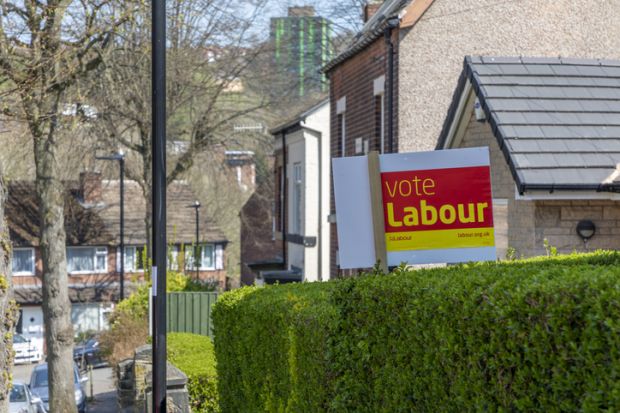Labour “has got to change the tuition fees system” in England “because it is unfair”, Sir Keir Starmer has said.
The opposition leader skirted round the issue of Labour’s policy on higher education funding in a speech on education policies and breaking the “class ceiling”, but addressed the topic when fielding questions from journalists afterwards.
Sir Keir had previously said the party would drop its Jeremy Corbyn-era commitment to abolish fees and fund higher education via public spending – but has given no commitments on the successor policy.
Comments by the shadow education secretary, Bridget Phillipson, have so far focused on changes that could be made to the existing loan repayments system to make it fairer to graduates.
“We’ve got to change the tuition fees system because it is unfair,” Sir Keir said after his speech in Gillingham.
Labour would set out a “fully costed plan to show how we are going to do that…in due course”, he added.
“It [the issue of fees] is very important – for reasons that everybody understands in terms of the debt that young people at the moment carry with them. But I would also say…whilst I do want more and more people to go to university…equally I want people to take the vocational route, the technical skills, the apprenticeships etc – and for all that to be equally valued.
“Therefore, this issue of tuition fees is part of the argument, but it cannot be construed in any way as the whole of the argument, because that would leave out of account all those people who don’t go to university. We will set out our plans in due course.”
Sir Keir went on to say that a Labour government would be “constrained” across the board by the “badly damaged” economy and “public services not on their knees but on their face” left by the Conservative government.
“That means we will have to take difficult decisions and that we may not be able to do all the things an incoming Labour government would want to do as quickly as we would like to do,” he said.
Some experts think that the current system of fees and loans will now endure at least for the first term of any Labour government, which could last for five years after a probable 2024 election.
Many in the sector have previously suggested that Labour could pledge to hold a review of higher education funding after the election as a way of paving the way to more fundamental change, such as a graduate tax – long the favoured alternative for many in the party – but shadow ministers have as yet offered no public signals.




